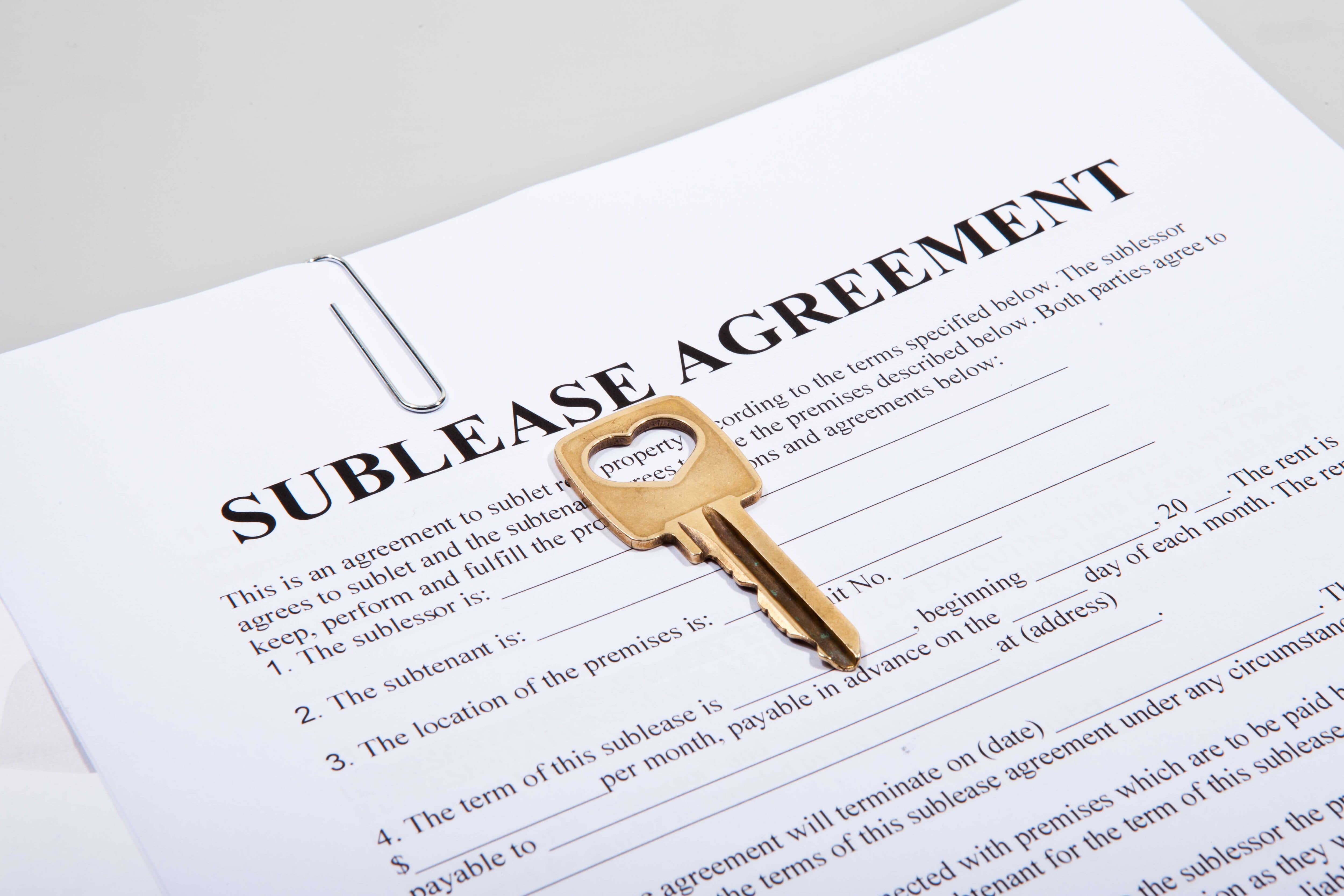
A Complete Guide to Sub-Leasing Laws, Rules & Tenant Rights
Key Takeaways
- Sub-leasing in Dubai is legal only with written consent from the landlord.
- All sub-lease agreements must align with the original lease and registered through Ejari.
- Sub-leases automatically expire when the original lease ends unless explicitly extended.
- Illegal sub-leasing can result in eviction notices and potential penalties.
- Sub-tenants have rights but must comply with the same obligations as main tenants.
What Is Sub-Leasing?
In Dubai, sub-leasing refers to a situation where a tenant (the original lessee) rents all or part of a property to a third party (the sub-tenant). While this can be a practical solution for shared spaces or short-term arrangements, it is strictly regulated under Dubai rental law.
Legal Framework: What the Law Says
Under Dubai Law No. (26) of 2007, which governs landlord-tenant relationships, there are specific rules for sub-leasing:
- Article 4: All lease agreements must be in writing and registered with RERA.
- Article 24: A tenant may not sub-let the property without written approval from the landlord.
- Sub-leasing without consent is illegal and can lead to eviction of both tenant and sub-tenant.
Lease Duration & Sub-Lease Expiry
The term of a sub-lease cannot exceed the original lease duration. Once the original rental contract ends, the sub-lease is also considered expired—unless renewed with the landlord's consent. If the landlord agrees, the new term binds all parties: landlord, tenant, and sub-tenant.
Eviction Risks in Sub-Leasing
A landlord has the legal right to evict tenants in certain scenarios, especially when sub-leasing laws are violated. Common eviction triggers include:
- Sub-leasing without written consent.
- Non-payment of rent within 30 days.
- Illegal use of the property.
- Failure to meet obligations set in the lease agreement.
In the event of unlawful sub-leasing, a sub-tenant may be evicted but can claim compensation from the main tenant. This protects the sub-tenant from financial loss due to the tenant’s negligence.
Tenant & Sub-Tenant Rights and Obligations
Both tenants and sub-tenants are expected to comply with the standard lease terms. Here’s a summary of their respective obligations:
Tenant Obligations
- Pay rent on time.
- Maintain the condition of the property.
- Provide a refundable security deposit.
- Return the unit in good condition upon lease expiry.
- Register co-occupants and sub-tenants on Ejari if permitted.
Sub-Tenant Rights
- Continue occupancy under original lease terms if the main lease is terminated (under Article 30).
- Right to compensation from the tenant if evicted unfairly.
- Use of shared facilities such as gym, pool, and parking (as per lease terms).
Landlord Obligations
- Provide the property in habitable condition.
- Handle maintenance responsibilities unless otherwise agreed.
- Grant permission for modifications if applicable.
Rent and Contract Conditions
- Rent amounts must be specified in the lease and cannot be changed within the first 2 years.
- Either party must give a 90-day notice if they do not intend to renew the contract.
- Any changes or extensions to the lease—including sub-leases—must be formally documented.
Frequently Asked Questions (FAQs)
- What’s the difference between sub-letting and sub-leasing in Dubai?
Sub-letting typically refers to renting out a portion of the property, while sub-leasing involves transferring full or partial occupancy to a third party, with the tenant acting as the sub-lessor.
- Can a tenant legally sub-lease their apartment in Dubai?
Yes, but only if the landlord provides written consent, and the agreement is registered in Ejari. Without this, sub-leasing is considered unauthorized and may result in eviction.
Need clarity before sub-leasing your Dubai property?
At fäm Properties, our legal and advisory team can guide you through the process—ensuring compliance and protecting your rights. Contact us today for expert assistance.